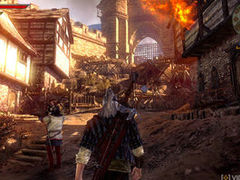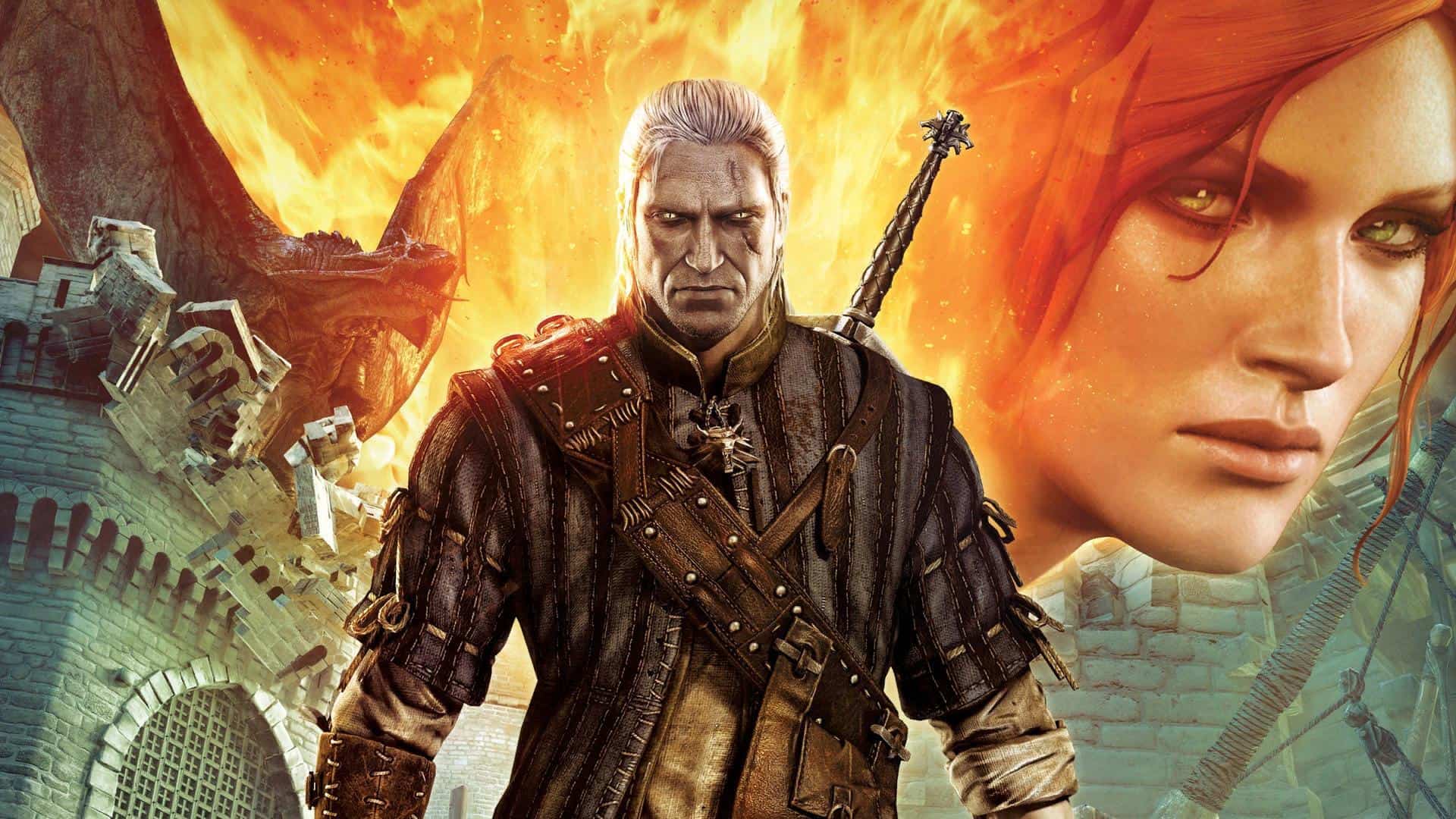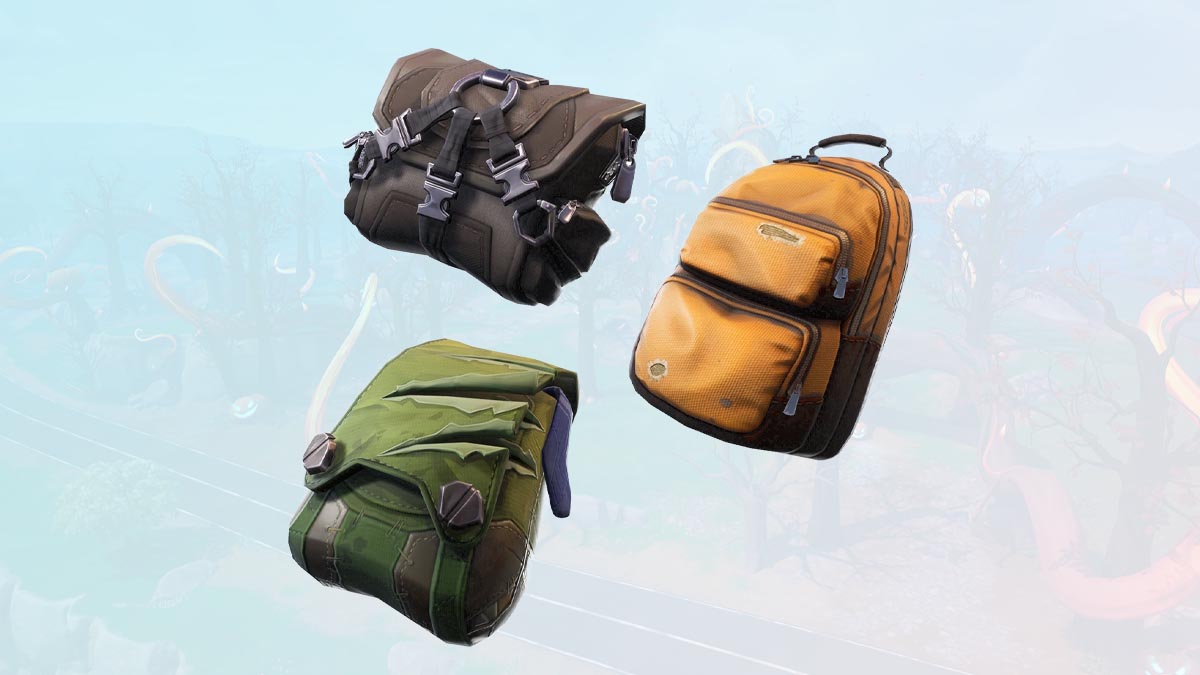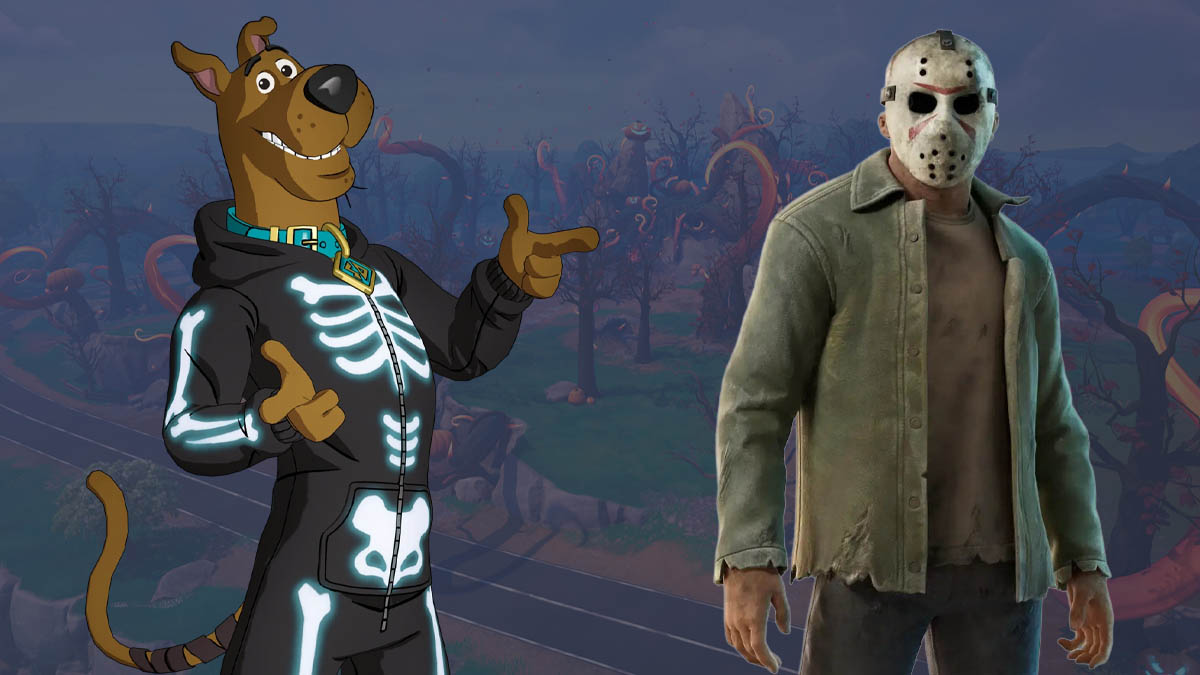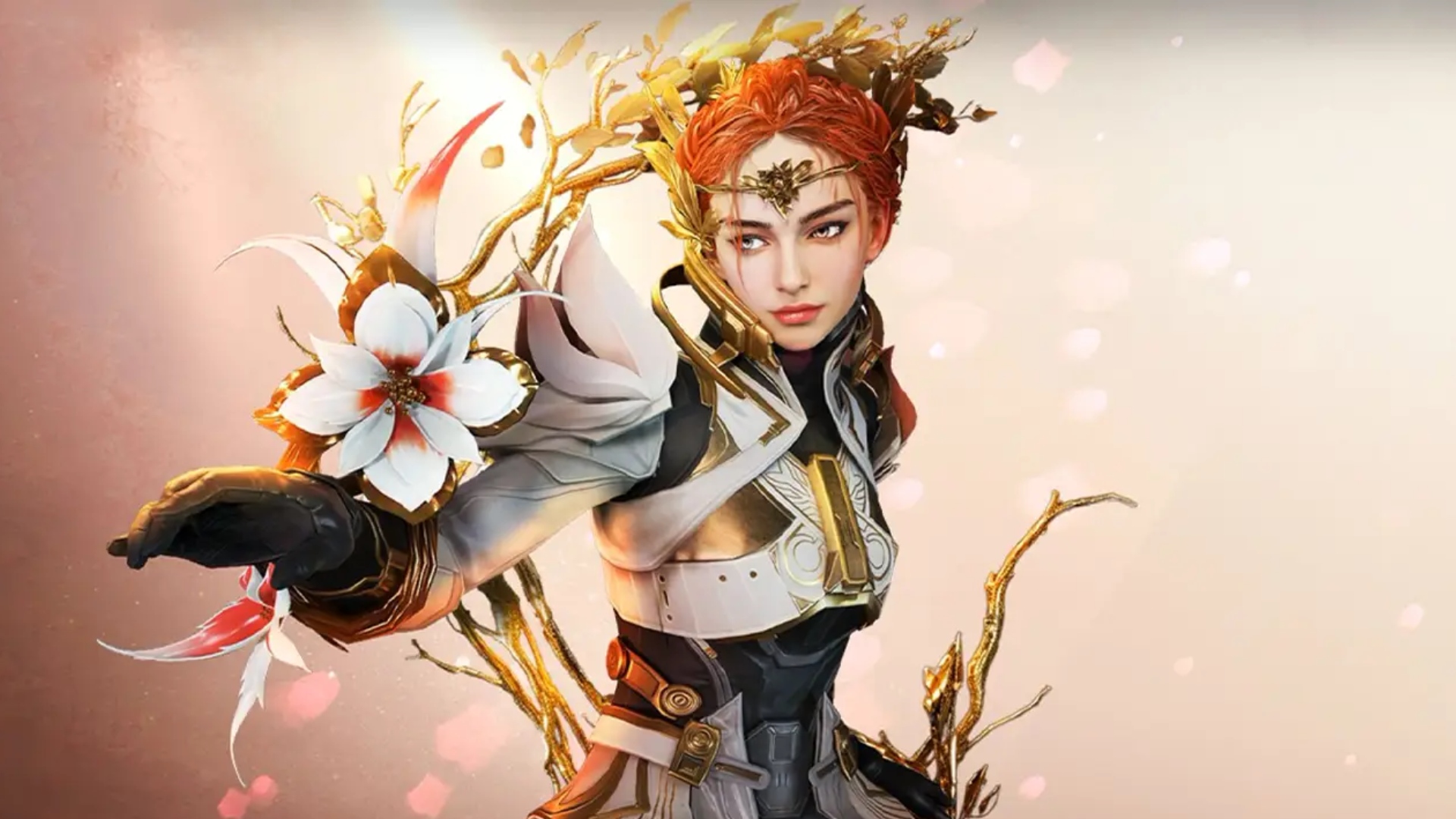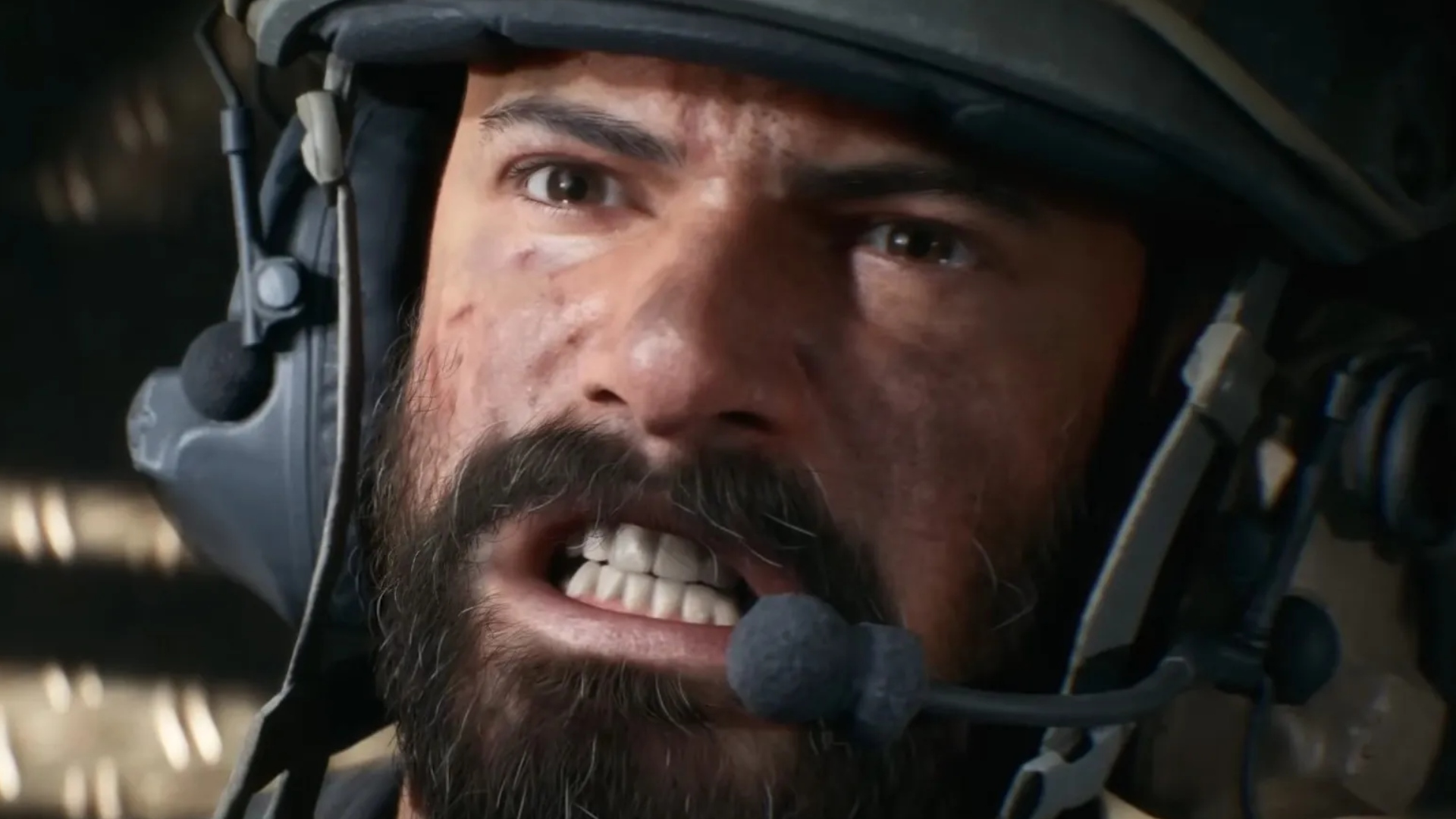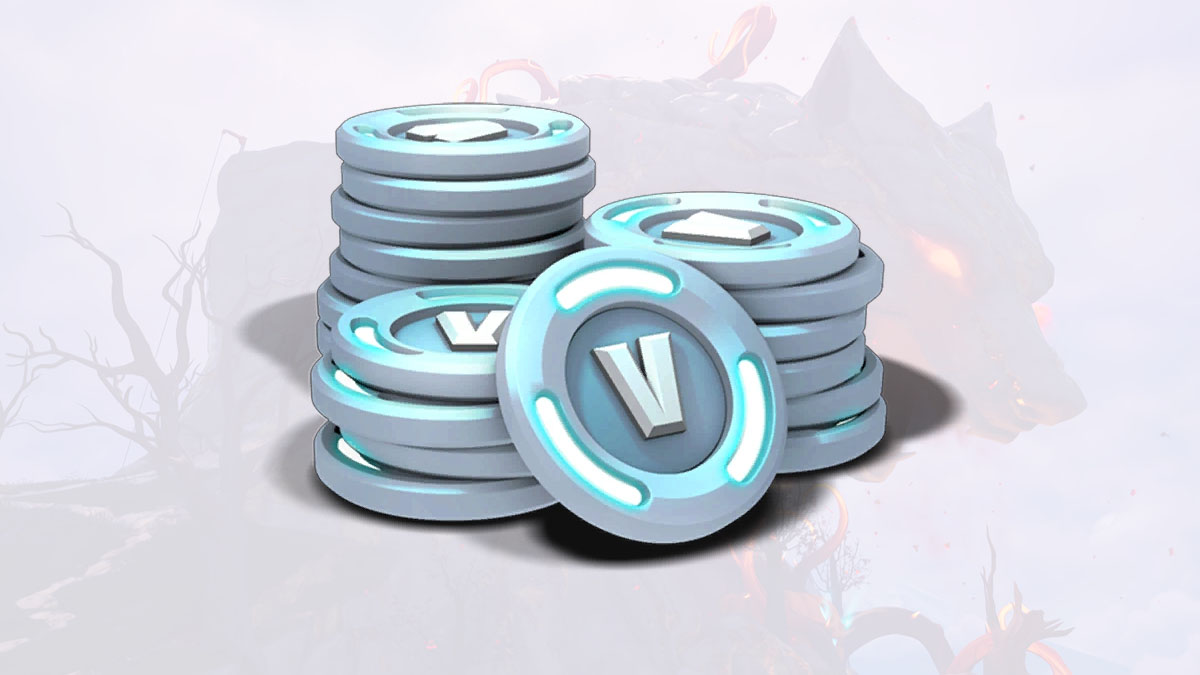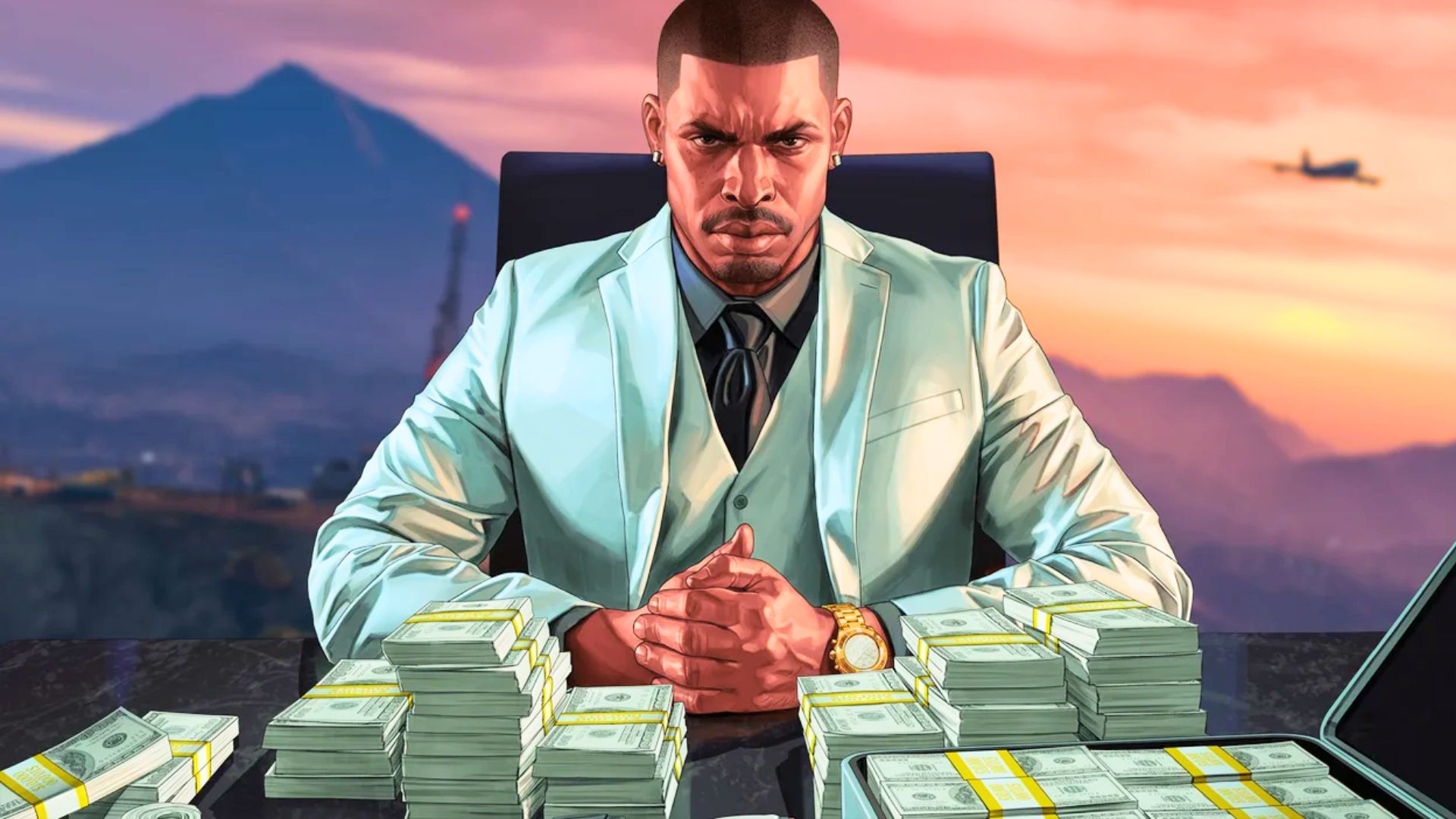You can trust VideoGamer. Our team of gaming experts spend hours testing and reviewing the latest games, to ensure you're reading the most comprehensive guide possible. Rest assured, all imagery and advice is unique and original. Check out how we test and review games here
The Witcher 2 is making the great leap from PC to Xbox 360 and we got the chance to speak with the game’s environmental artist Marek Ziemak about the studio’s ongoing relationship with DRM and the state of the RPG market.
Q: So could you talk about the differences in developing this game for console in comparison to your experience with your previous console attempt, The Witcher: Rise of the White Wolf?
Marek Ziemak: Okay, that’s a difficult one. It’s really hard to compare the two games because Rise of the White Wolf was created by an outsourced company so we did not really get any experience with it as developers. We learned that it’s better to do things inside of a developer’s studio than outside. Because we understand what we are trying to achieve and we have all the resources for what we are trying to achieve. It’s much easier for us, not as developers, but probably as a company. That’s a safer business model.
Q: So in-house development is an easier experience in that case?
MZ: Business-wise, yes.
Q: You’ve been quite outspoken about DRM, can you talk about why you think people went out of their way to buy this game on PC as opposed to pirating it?
MZ: I think people buy our games because we deliver a lot after release. Sure if you pirate it you probably have access to some of those things but we try to play fair and we believe that most of the people will play fair. And that’s actually happening. They buy it, they enjoy it, they want to have the physical content that’s in the box, because we are always adding a lot of great stuff into the box and it’s important for RPG players. I think the mixture of that makes people buy and support us, maybe they want to see future products, obviously we need the resources right? If nobody buys the game then we won’t be able to make another game.
Q: Do you think there is an argument that there would be less piracy if DRM was dropped?
MZ: It’s hard to say, I don’t know why people actually pirate games. I understand that they don’t have to pay for it. But I don’t know the reasons that would make them forget about buying games. All we know is that we’re trying to be fair and we’re hoping that people will be fair. That’s how it works at this moment. There are some pirated copies of the game obviously but there’s no other way to fight it than to show them the right way, be fair, and tell them “C’mon guys, support us, we’re making more stuff and you’ll get free patches and DLC”.
Q: Are there any alternative methods to fighting piracy that you’re tempted to experiment with?
MZ: No, not really! It’s a difficult question, we had some experiments with different DRMs such as Tages, the thing we used for Witcher 1, and different publishers prefer different DRM – that is something that is becoming a standard. We don’t think DRM is the best solution because it’s harder to launch the game for players who bought the game. There are always some problems with someone who can’t play the game although he bought it and that’s too big a risk and cost for us.
Q: So is what you’re doing with Witcher 2 the only reasonable alternative to DRM?
MZ: I think so, at this moment I think that’s our only idea. To try and change the way people are thinking about the game, not force them to do something. Maybe that will be a reasonable solution, time will show!
Q: We’ve seen a lot of criticism coming out of the release of Dragon Age II last year, making many users doubt BioWare’s prominence as fantasy RPG developers, do you think you’re still in a good position to barrel ahead as the foremost fantasy RPG dev?
MZ: We would like to be first of all a studio that creates the best RPGs in the world, and second of all, well our target is to create the best RPGs ever. I think we’re getting closer and closer, but it’s not direct competition. Sure it’s the same genre but I believe we’re creating a much different game. Witcher is so much more different than Skyrim or Dragon Age or Mass Effect, we have a different approach, totally different story telling methods, it’s very mature, it’s quite unique. It’s the same genre but different game.
Q: Are RPGs becoming more action oriented?
MZ: In some cases but I think it’s becoming a kind of circle. Long ago they were much more hardcore, and then at some point they were becoming more action oriented. Witcher is not an action-oriented RPG. It’s a real RPG with, okay, the combat is quite dynamic and spectacular but it’s a hardcore RPG. And people do like it so the thinking of people is changing and I think the gaming industry is looking for the perfect solution for the RPG or maybe the genre will have to split, it will be like action-RPGs which will be like shooters with story elements and then those hardcore RPGs with proper character development and inventory and so on.
Our target is true RPGs. And I don’t mean it’s only for hardcore RPG players, it means that we want to play by the rules that were once set in the genre. The feeling that your decisions really affect your future.
Q: What do you have to say to PC fans who are worried about the shift over to console for the studio and the game?
MZ: I think that becoming a company making console games does not change our approach at all. As we are trying to prove, we are not forgetting about anyone. Everything we are preparing for the Xbox version will be available for the PC. And the reason why is that it’s the exact same game. We’re not creating something for different groups of players, it’s still the same product and we want more people to have access to it. There is no reason to think we are switching or changing out target.
Q:This will only be out for Xbox 360. Do you have any PS3 ambitions?
MZ: I think there is a decision to be made by someone in management. It’s always about resources. If we make it on PS3 then we won’t be making something else. Someone has to judge but it’s not going to be me for sure.
Q: One of the Kingdoms of Amalur developers has recently said that the knock-on effect of dropping DRM is that you’re not going to be able to create big PC-exclusives, do you think that is true?
MZ: No, I don’t think that’s true because come on, what DRM really protects your game and how long? Two days? Three days? A week? There are groups who really love to crack games and you can’t fight with it. It’s people’s passion. Not many DRMs have proven to actually work for a huge period of time. Maybe some things will change in the future. Like online gaming, when you have to be online to play, that’s probably more hard to crack. But on the other hand it’s still possible. All the games will be on torrents, so I don’t think it’s 100 per cent protection.
Q: So you don’t expect a game like Diablo III which will be online to be safe?
MZ: Maybe, maybe, it’s hard to say. There will be a lot of people who try to crack it. Just like we love creating games, people love cracking them. That’s what happens, that’s reality. Some people will always crack games. But the best way to fight that is to talk to these people and give them something in exchange.
The Witcher 2: Assassins of Kings
- Platform(s): PC, PlayStation 3, Xbox 360, Xbox One
- Genre(s): RPG
